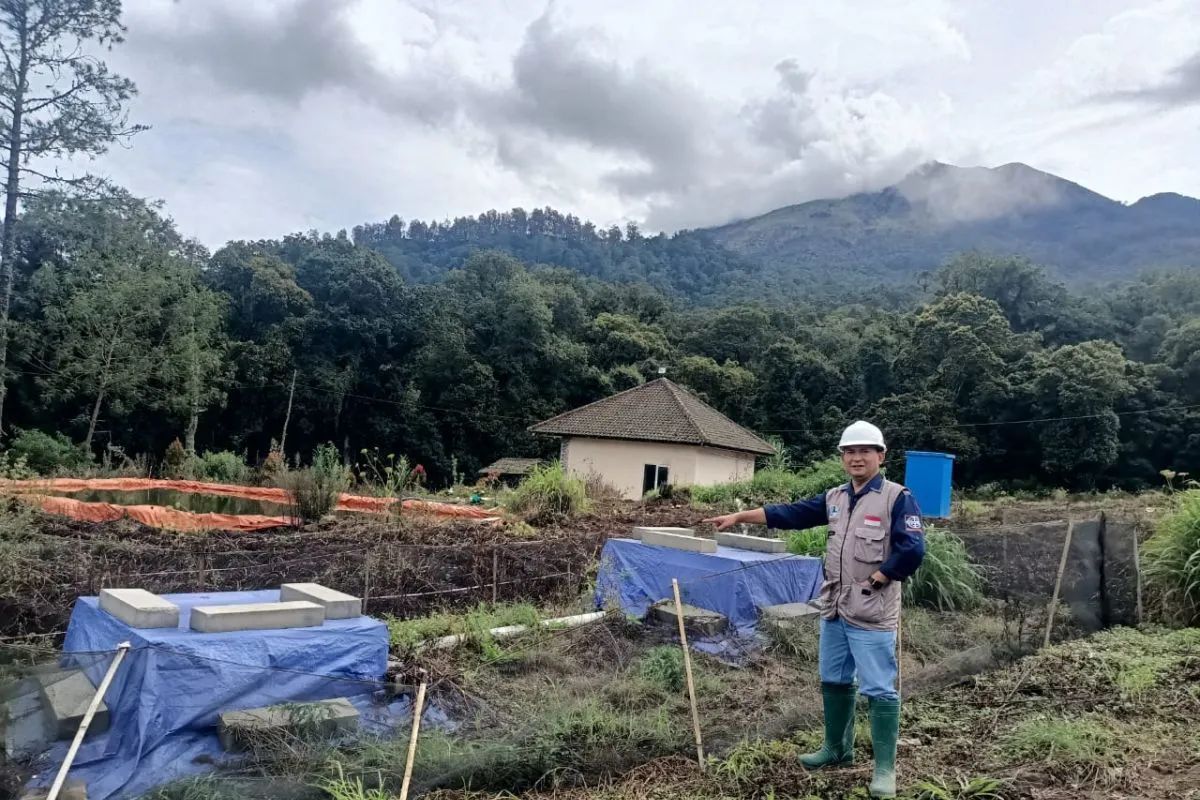
MALANG, E. JAVA, Indonesia, Dec 11, 2024 - (ACN Newswire) - Brawijaya University collaborated with several international institutions to develop the Magnetic Data Acquisition System (MAGDAS) to monitor climate change globally and mitigate disasters in the future.

Some institutions partaking in this initiative include the International Research Center for Space and Planetary Environmental Science (i-SPES) from Kyushu University in Japan, the National Research Institute of Astronomy and Geophysics (NRIAG) of Egypt, and several universities in Malaysia.
Disaster mitigation and natural resource exploration expert from Brawijaya University, Prof. Sukir Maryanto, explained that one of the data system stations is located in the Volcano & Geothermal field laboratory in the Agro Techno Park Cangar Complex, Sumberbrantas Village, Batu City, East Java.
"It will be developed to mitigate tectonic and volcanic earthquake disasters," he noted in a statement on Thursday (Dec 5).
Construction for the Cangar Station, which is the collaboration between BRAVO GRC, Brawijaya University, and i-SPES Kyushu University, began in March 2024.
The installation of this data system involved a team from Kyushu University and two scientists from Egypt, with one acting as a researcher at i-SPES and the other a partner from the NRIAG in Egypt.
Later, after becoming fully functional, the MAGDAS in Cangar Station will be integrated with a system network centered at Kyushu University, Japan, Prof. Sukir added.
"The construction of the MAGDAS station in Cangar has a significant impact on research and collaboration both at the national and international levels," he remarked.
The plan is that in March 2025, an induction-based magnetometer sensor developed by Nagoya City University, Japan, will be installed on the recommendation of the MAGDAS host at Kyushu University.
Currently, two new devices have been installed at Cangar Station, including the 3D Fluxgate Magnetometer from i-SPES Kyushu University and a seismic sensor from BRAVO GRC Brawijaya University.
The seismic sensor functions to detect seismic waves that occur on Earth.
Prof. Sukir expressed hope that these two parameters can be studied in an integrated manner at Cangar Station so that science can be developed to connect phenomena on Earth and in space.
"The new magnetometer sensor will be installed side by side with the existing MAGDAS and seismic sensors," he explained.
"Data from magnetic and seismic sensors need to be studied intensively because phenomena on the ground and phenomena in the air are not necessarily the same," he pointed out.
Sukir also showed real-time recordings from MAGDAS in Cangar, which include data from Peru, Japan, the Philippines, and Malaysia, as well as various magnetic components with different variations.
For more information, please click: https://ub.ac.id
Brawijaya University: https://prasetya.ub.ac.id
Editor: Yuni Arisandy Sinaga, Copyright (c) ANTARA 2024
Copyright 2024 ACN Newswire. All rights reserved. www.acnnewswire.com























